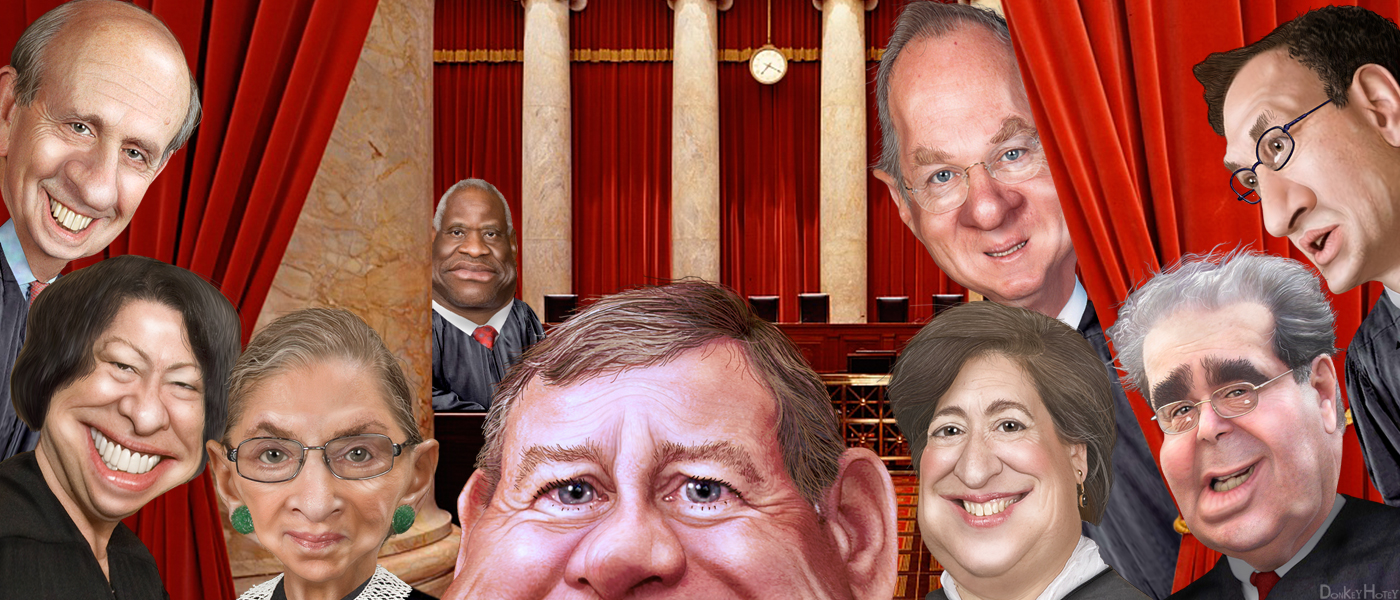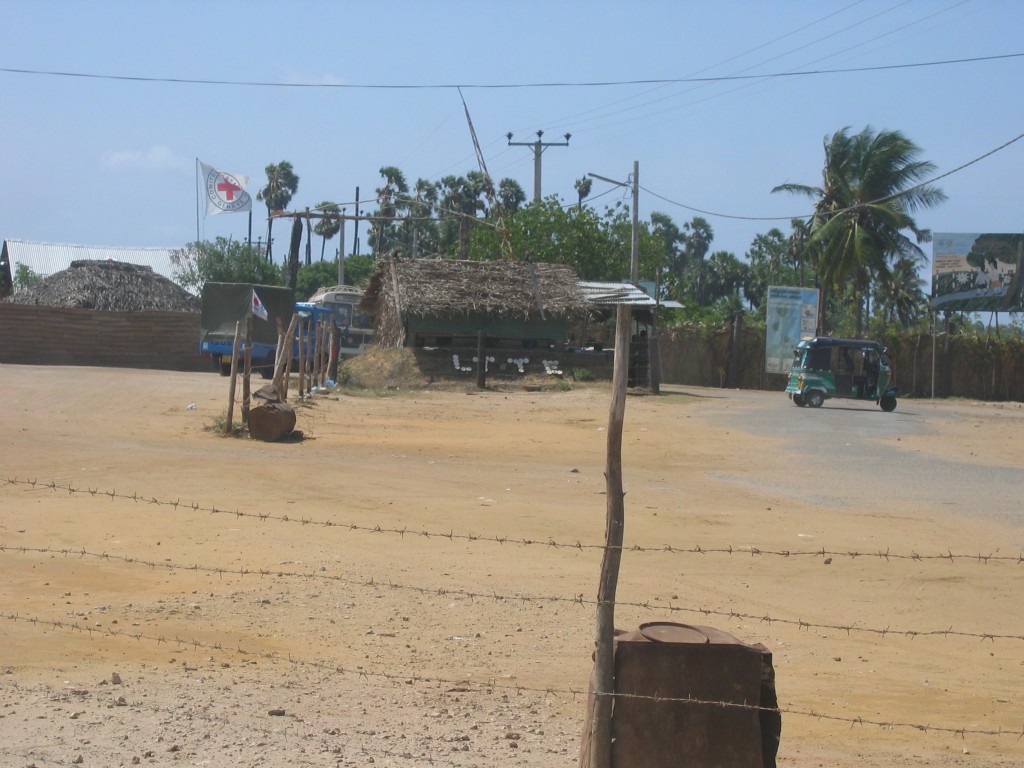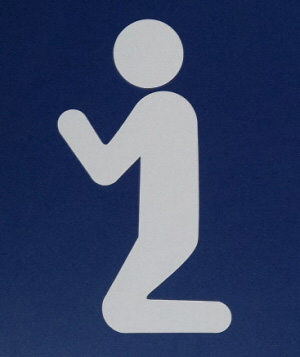[Editor’s Note: This post is in response to “Law’s Prayer: Town of Greece v Galloway” by Winnifred Fallers Sullivan.]
 With her citation of Latour’s faxed pizza, Winnifred Fallers Sullivan argues that law in Town of Greece v. Galloway traces, delimits, and “tames” prayer such that the facsimile produced is a mere reproduction framed by the technology—in this case, the legal concepts—translating it. The work of the law, Sullivan suggests, is to transform religion, “to obscure the actual practices in the case, reducing them to types in service of law’s own logics.” As a result, she notes, “law does not need courts” because the power of law extends beyond courts and provides rules structuring daily practice. In its work of transformation and concealment, however, the unfolding of the law through its institutional manifestations—hearings, court briefs, amici curiae, transcripts—reveals to us not only, as Sullivan suggests, “the juridification of life in its very subjectivity,” but also how such manifestations authorize particular beliefs and practices as acceptable civil norms. As a result of this attempt of inclusion and authorization, an always inescapable moment of exclusion occurs and it is this moment of exclusion, I argue, that helps us explore Benjamin Schonthal’s observation of a moment of religious practice or belief that remains untamed despite the classificatory and performative aspects of legalizing discourse at work upon it.
With her citation of Latour’s faxed pizza, Winnifred Fallers Sullivan argues that law in Town of Greece v. Galloway traces, delimits, and “tames” prayer such that the facsimile produced is a mere reproduction framed by the technology—in this case, the legal concepts—translating it. The work of the law, Sullivan suggests, is to transform religion, “to obscure the actual practices in the case, reducing them to types in service of law’s own logics.” As a result, she notes, “law does not need courts” because the power of law extends beyond courts and provides rules structuring daily practice. In its work of transformation and concealment, however, the unfolding of the law through its institutional manifestations—hearings, court briefs, amici curiae, transcripts—reveals to us not only, as Sullivan suggests, “the juridification of life in its very subjectivity,” but also how such manifestations authorize particular beliefs and practices as acceptable civil norms. As a result of this attempt of inclusion and authorization, an always inescapable moment of exclusion occurs and it is this moment of exclusion, I argue, that helps us explore Benjamin Schonthal’s observation of a moment of religious practice or belief that remains untamed despite the classificatory and performative aspects of legalizing discourse at work upon it.


 Years ago, before I was a parent and obsessively risk averse, I took an eventful, if short, research trip. The trip was to northern-central Sri Lanka to visit the quasi-independent region that had been set up by the Liberation Tigers for Tamil Eelam (LTTE), or Tamil Tigers. It was a de facto state complete with its own roads, hospitals, school system, police force, customs officers, ministries and, of course, judicial system. All this was intriguing because the Tamil Tigers were an armed rebel group who since the late 1970s had been fighting a violent campaign against the Sri Lankan state. To most, they were known not for their visa forms and traffic cops, but for their brutal guerilla military tactics and devastating suicide bombings.
Years ago, before I was a parent and obsessively risk averse, I took an eventful, if short, research trip. The trip was to northern-central Sri Lanka to visit the quasi-independent region that had been set up by the Liberation Tigers for Tamil Eelam (LTTE), or Tamil Tigers. It was a de facto state complete with its own roads, hospitals, school system, police force, customs officers, ministries and, of course, judicial system. All this was intriguing because the Tamil Tigers were an armed rebel group who since the late 1970s had been fighting a violent campaign against the Sri Lankan state. To most, they were known not for their visa forms and traffic cops, but for their brutal guerilla military tactics and devastating suicide bombings.